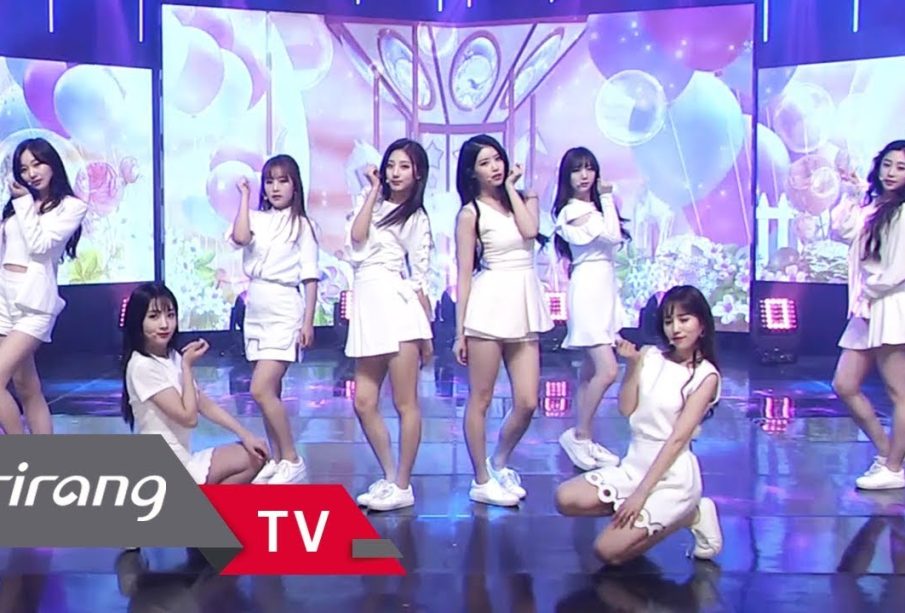The Global Phenomenon of K-Pop: A Cultural Revolution

Introduction
K-Pop, or Korean Pop music, has transcended geographic boundaries, becoming a significant force in the international music industry. Its unique blend of genres, stunning visuals, and engaging choreography has captivated millions of fans around the world. The K-Pop wave not only highlights the creativity of South Korean artists but also reflects the changing dynamics of global music consumption, where non-English songs are becoming progressively mainstream.
The K-Pop Explosion
In recent years, K-Pop has garnered substantial attention beyond South Korea, with groups like BTS, BLACKPINK, and EXO leading the charge. BTS, for example, became the first K-Pop group to reach the number one spot on the Billboard Hot 100 with their hit song ‘Dynamite’ in 2020. Their success is attributed to a well-crafted marketing strategy, engaging social media presence, and innovative music videos that resonate with a young, global audience. Furthermore, the genre encompasses a variety of styles—including hip hop, R&B, and EDM—which allows K-Pop acts to continuously evolve and appeal to diverse listeners.
Impact on Global Culture
The K-Pop phenomenon has influenced various aspects of global culture, including fashion, beauty standards, and even language learning. Many fans, or ‘ARMY’ as they call themselves, have taken to learning the Korean language through K-Pop lyrics, further bridging cultural divides. Moreover, fashion trends popularised by K-Pop idols have made significant impacts in the fashion industry, resulting in collaborations between K-Pop groups and global brands.
Challenges Ahead
Despite its success, K-Pop faces several challenges, including mental health issues among idols, competition in the saturated music market, and potential backlash from cultural appropriation debates. As the genre progresses, it will be crucial for industry stakeholders to address these challenges, ensuring the well-being of artists while maintaining K-Pop’s innovative edge.
Conclusion
The rise of K-Pop marks a remarkable transformation in the music industry, offering a platform for artists to showcase their talent on a global scale. With its increasing influence and ever-growing fan base, K-Pop is expected to continue shaping the future of music and popular culture. For readers and fans alike, staying tuned to the evolving dynamics of K-Pop will reveal even more exciting developments as this cultural phenomenon expands its reach.








